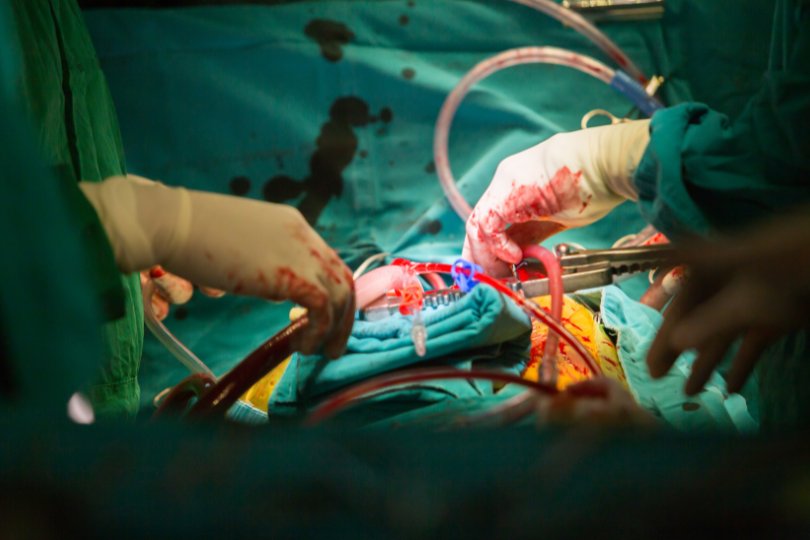Coronary Artery Bypass Grafting (CABG) for Children: Expertise by Dr. Biswa Panda, Pediatric Cardiologist in Mumbai
Coronary Artery Bypass Grafting (CABG) is a critical surgical procedure traditionally associated with adults suffering from severe coronary artery disease. However, in rare cases, children may also require this life-saving procedure due to congenital heart defects or complications arising from conditions like Kawasaki disease. If your child is diagnosed with a heart condition that affects the coronary arteries, Dr. Biswa Panda, a renowned pediatric cardiologist in Mumbai, offers expert care in performing CABG for young patients. His advanced skills and compassionate care ensure the best possible outcomes for children requiring coronary artery surgery.
What is Coronary Artery Bypass Grafting (CABG)?
Coronary Artery Bypass Grafting (CABG) is a surgery performed to improve blood flow to the heart by bypassing blocked or narrowed coronary arteries. In this procedure, surgeons use a blood vessel from another part of the body (often the leg or chest) to create a new path for blood to flow to the heart, bypassing the blocked artery. While CABG is most commonly performed in adults, some children with congenital heart conditions or complications that affect the coronary arteries may require this surgery to prevent heart failure and improve heart function.
When is CABG Necessary for Children?
CABG is usually recommended for children who have coronary artery problems caused by:
- Congenital Heart Defects: Some children are born with heart conditions that affect the coronary arteries, such as anomalous coronary arteries or other structural heart defects.
- Kawasaki Disease: This inflammatory condition, which primarily affects young children, can lead to the weakening and enlargement of coronary arteries, increasing the risk of blockages and requiring surgery.
- Atherosclerosis: In rare cases, children may develop plaque buildup in their arteries due to genetic factors or other health issues that can restrict blood flow.
If your child has been diagnosed with a coronary artery condition or has a family history of heart disease, it is crucial to seek consultation from a specialized pediatric cardiologist in Mumbai.
The CABG Procedure for Children
The CABG surgery for children is similar to that performed on adults but requires greater precision and care due to the unique anatomy and size of the pediatric heart. The surgery typically involves:
- Anesthesia: Your child will be put under general anesthesia to ensure they are comfortable and pain-free throughout the procedure.
- Incision: A small incision is made in the chest, and the heart is temporarily stopped to allow for the bypass surgery.
- Graft Placement: A healthy blood vessel from another part of the body is used to create a new route for blood to reach the heart, bypassing the blocked arteries.
- Post-surgery monitoring: After the procedure, your child will be closely monitored in an intensive care unit (ICU) to ensure proper recovery.
Recovery and Aftercare
Following coronary artery bypass grafting, children typically stay in the hospital for several days to recover. Dr. Panda and his team provide detailed instructions on post-surgery care, which may include:
- Pain management: To ensure your child is as comfortable as possible.
- Regular follow-up appointments: To monitor your child’s heart health and ensure that the grafts are functioning well.
- Physical activity restrictions: Gradual reintroduction of physical activities to allow for healing.
While the recovery process may vary depending on the child’s age, health status, and the complexity of the surgery, most children are able to return to normal activities within a few months with appropriate care and supervision.
Contact Dr. Biswa Panda, Pediatric Cardiologist in Mumbai
If your child has been diagnosed with a coronary artery condition, or if you’re concerned about their heart health, Dr. Biswa Panda is the trusted pediatric cardiologist in Mumbai who can guide you through the treatment options available, including coronary artery bypass grafting (CABG). His expertise and compassionate approach to pediatric heart care make him one of the top choices for parents seeking specialized heart care for their children.




